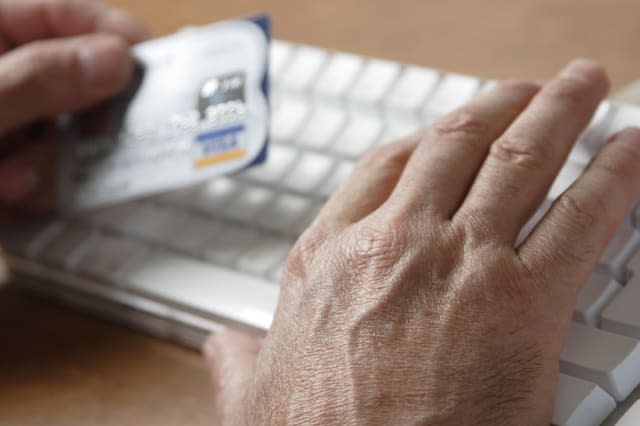Scamwatch: new fraud threat for SMEs

Stay one step ahead of the fraudsters with our series of articles giving you the lowdown on the scams they use to trick people out of their hard-earned cash - and how to avoid being taken in by them.
This week, we explain why the US switching to chip-and-pin card technology could increase fraud risks for smaller businesses in the UK.
How does it work?
When chip-and-pin technology was introduced in the UK more than 10 years ago, it made a big dent in fraud involving debit and credit cards being used in shops and restaurants.
However, it also prompted a rise in online, card-not-present fraud. The same thing happened in France, where online card fraud went up by around 20% between 2007 and 2011.
When the liability for US card fraud switches to retailers who have failed to insist on the customer entering a pin on October 1, fraud experts are therefore forecasting a rise in online card fraud around the world.
Security company Global Risk Technologies is urging UK businesses to prepare themselves for an increase in fraudulent activity as a result.
How can I avoid being caught out?
Steps that Global Risk Technologies recommends to reduce the risk of online card fraud include maintaining impeccable records – if you have a customer's signature on file, fraudulent claims that they "never received the parcel" are easy to disprove - and concentrating on logistics.
The company's Monica Eaton-Cardone said: "Small business in the UK should prepare now by identifying and following best practice strategies to stay secure once the liability deadline hits.
"Speedy delivery of goods combined with an effective paper trail keeps customers happy and can also help highlight potentially fraudulent transactions."
I've been defrauded. What should I do?
As soon as you realise you or your customers have been targeted by fraudsters, it is vital that both you and they contact the relevant banks and card providers so that your accounts can be secured as quickly as possible.
You should also report the crime to Action Fraud (0300 123 2040) so that action can be taken to prevent the scam.
Related articles...
Scamwatch: new Airbnb con
Scamwatch: ponzi schemes
Scamwatch: cashpoint fraud




